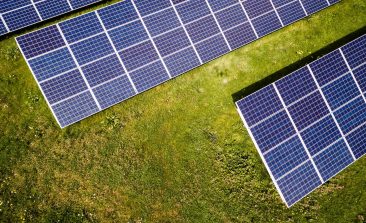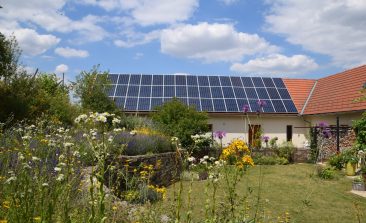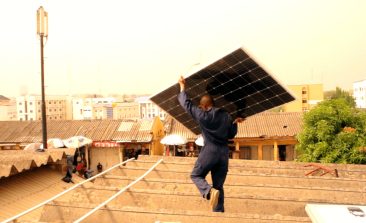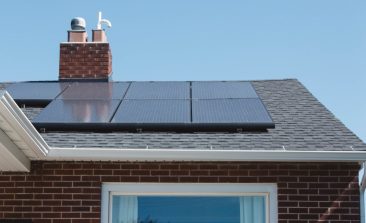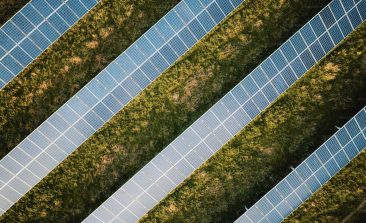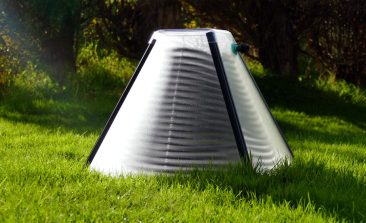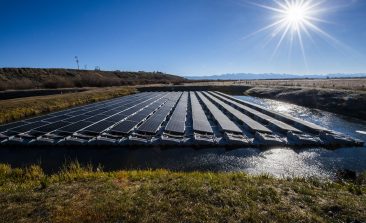Content to: Solar energy
Report on the Price of Fossil Fuels Suggests a Rapid Transition to Renewables Can Result in Huge Savings
A study examining the historic prices of fossil fuels and renewable technologies suggests coal, oil and gas might not actually be as cheap as commonly thought.
eFriends – Electricity Sharing with Neighbours
At eFriends, electricity is produced and shared regionally, sustainably and at fair prices - one community, one electricity provider, one solution.
Solar Energy in Africa: “If We Don’t Know the Real Problem, the Solution Will Probably Be the Wrong One”
The non-profit Access to Energy Institute (A2EI) aims to supply as many people as possible in Africa with solar power. It relies on comprehensive, data-driven problem analysis and optimised solutions to achieve this.
Empowering Europe’s Energy Future: Harnessing JRC’s ‘Photovoltaic Geographic Information System’
Europe develops new tool, the Photovoltaic Geographic Information System, to democratise data for informed, sustainable energy decisions.
The Power of Nowcasting to Achieve More Efficient Solar Energy Grids
To date, nowcasting research has primarily concentrated on rainfall prediction, while solar forecasting remains relatively unexplored. Advances in the field are crucial for improving solar energy reliability and efficiency.
It’s Now Possible to Print Highly Efficient, Ultra-Thin Solar Cells
Solar energy technology is constantly developing. What new possibilities does this open up and what role can these defect-tolerant solar cells play in smart infrastructure?
French Start-up ROSI Is Engineering a Solution to Solar Energy’s Waste Problem
Solar panels only have a lifespan of around 25-30 years, and the vast majority end up in landfill. French start-up ROSI is developing a way to recycle them with the help of EU funding.
SolarisKit: The Flat-Pack Solar Heater That’s Ready in 15 Minutes
Solar thermal water heaters have been around for a while, but their expensive and scale means they're only available to wealthy homeowners. A new flat-pack version wants to change that.
How Satellites Are Speeding Up the Spread of Solar
When it comes to speeding up the renewable energy transition, satellites can play a crucial role. We've taken a look at a few case studies that show us how.
